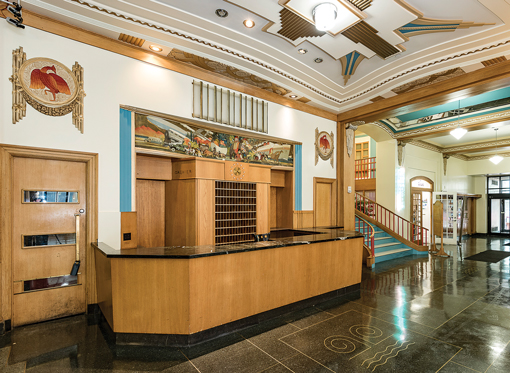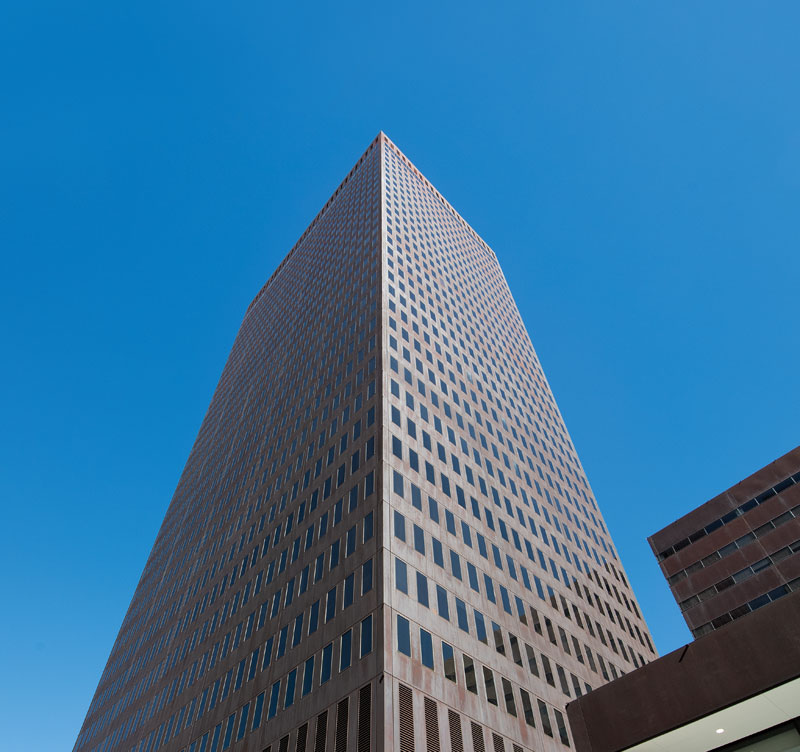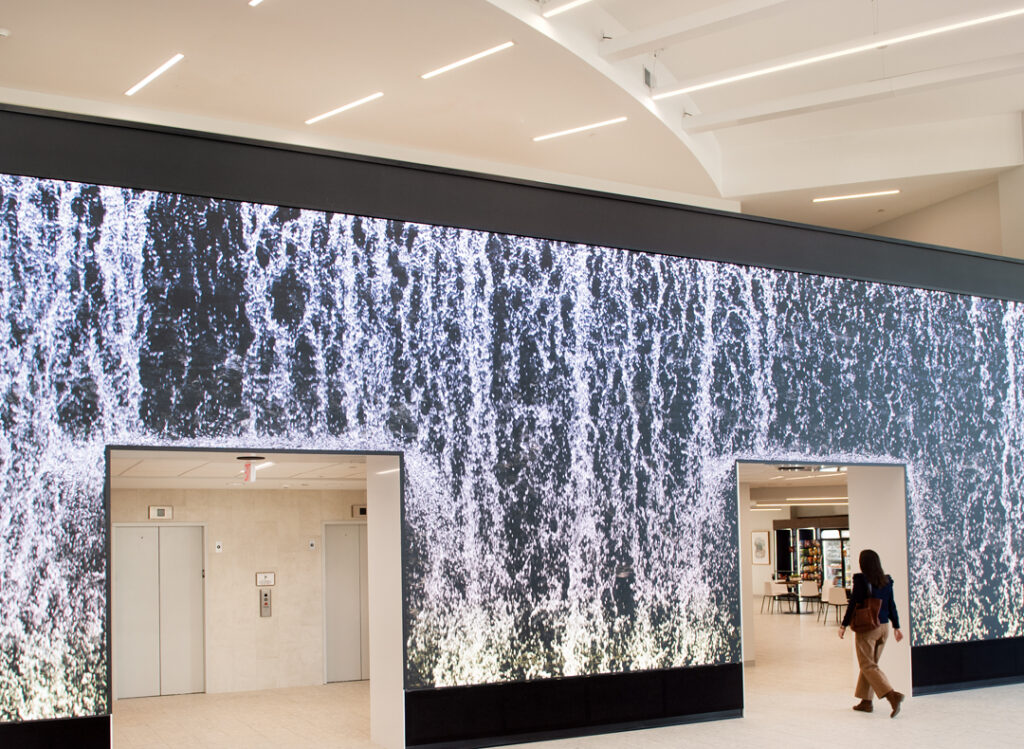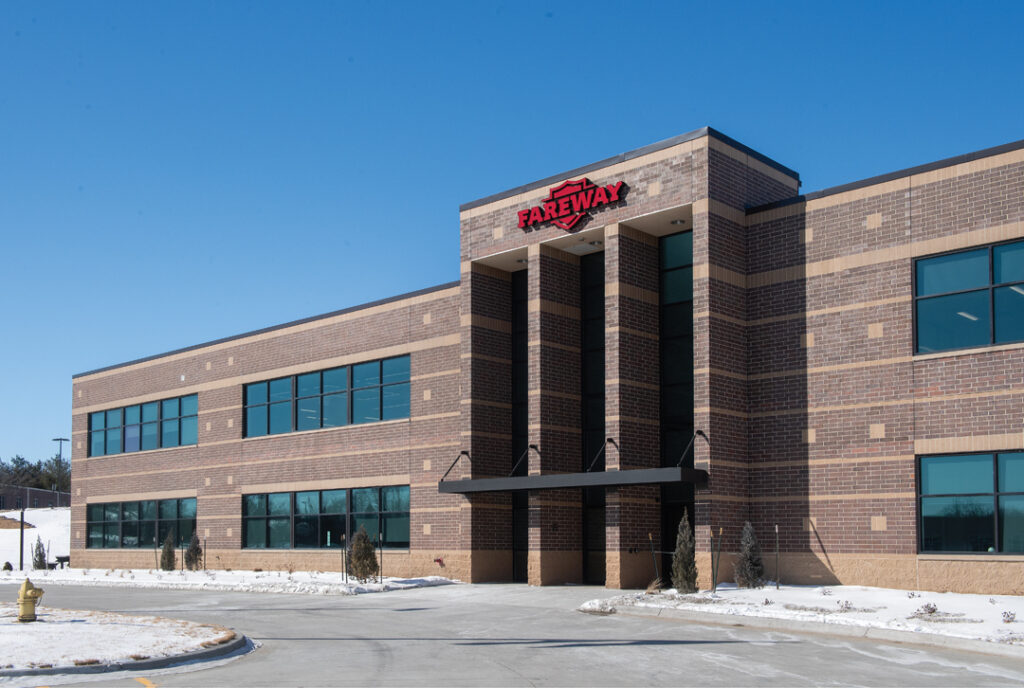A condo conversion success story at the Kirkwood Hotel

KENT DARR Aug 8, 2018 | 4:37 pm
3 min read time
712 wordsBusiness Record Insider, Real Estate and DevelopmentIn 2015, Tim Schutte’s banker told him it would take three years to convert 54 apartments at the Kirkwood Hotel into condominiums and sell each of the units. Schutte, broker owner of Exit Realty Capital City in Des Moines, thought he could do it in two.
“For my first project, three made more sense,” Schutte said. His experience before taking on condo conversion was primarily in residential real estate sales.
As it turned out, Schutte sold his first Kirkwood condominium unit in January 2016 and since then has found buyers for 38 additional units, with all 39 sold after leases expired and units received a fresh coat of paint at a minimum.
It has been a waiting game that has left Schutte convinced that downtown Des Moines can support a for-sale condominium market at high and medium prices.
Judging by condominium sales in Polk County this year between Jan. 1 and July 31, that can range from around $250,000 to $655,000.
On a handful of units, Schutte upgraded cabinets, countertops, floors and showers, and reached outside his typical price range of around $185.90 per square foot to $245. The more expensive units sold before he had a chance to market them. Polk County land records would place $245 per square foot near the upper end of the price range in Des Moines.
The average price per square foot of the 39 sales to date at the Kirkwood is about $193, with total sales averaging $227,975.
Schutte must wait for leases to expire before putting units on the market. At times, he has had just one unit on the market at a time. Currently, he has two. In the last two months, Schutte estimates he has sold six or seven units.
When he started the conversion, few developers were enthusiastic about the for-sale condo market. Hubbell Realty Co. was having success with townhomes, but overall sales were slow.
“I think to some degree I am an experiment so others can see how well they sell,” Schutte told the Business Record in 2015.
These days, Hubbell is talking about apartment-style condos in the $500,000 to $1.5 million range for the site of the former Riverfront YMCA, and the company is planning other less expensive units (topping out at $500,000), for its Gray’s Station development south of Martin Luther King Jr. Parkway. The company already has proven that there is strong demand for for-sale townhouses.
Schutte wouldn’t mind taking another stab at condo development.
“If the opportunity came up, I’d certainly look at it,” he said.
The opportunities might be few, at the moment. Part of what made the Kirkwood project attractive to Schutte was that the historic structure already had been converted to apartments. In 1974, Joe Coppola bought the structure and the Coppola family’s Randolph Investment Corp. carried out the conversion.
As it stands today, the Kirkwood was built in 1930 on the same spot at Fifth and Walnut streets that had been occupied by hotels since 1862, all were part of the city’s “hotel row” that extended from roughly the former Rock Island Depot to Walnut, according to records.
The original hotel was called the Savery and was renamed Hotel Kirkwood in 1879. It was destroyed by fire in 1929 (the blaze killed seven people) and rebuilt by the Hubbells as the city’s tallest hotel at 12 stories.
Schutte said there aren’t many similar buildings left for a conversion. Maybe something will turn up. He is, after all, a patient guy, even if he has to admit that his banker was right.
“I certainly know a lot more than before,” he said.
History about the Kirkwood Hotel
The former Kirkwood Hotel building is notable not just for standing since 1930, but for being an example of “the considerable skills of H.L. Stevens & Co. of Chicago, its architect,” according to the National Register of Historic Places. “The construction of the Hotel Kirkwood climaxed the emergence of the skyscraper hotel as an architectural form in the city,” the register says. Stevens & Company had a strong local connection to F.W. and J.W. Hubbell, the investors who had built the first hotel on the site in 1918. The Hubbells had commissioned the firm to build that first hotel, the Savery, in 1918.










